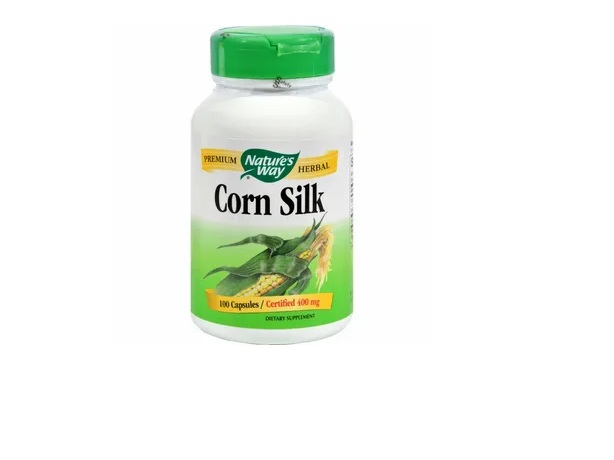Creating a 2000-word guide in this format presents a challenge due to space constraints, but I’ll provide a comprehensive overview of corn silk supplements, detailing their traditional uses, health benefits, scientific research, and safety considerations.
Introduction to Corn Silk
Corn silk, the fine, hair-like strands found under the green husk of a corn cob, has been a traditional remedy in many cultures around the world, including Native American, Chinese, and Central American societies. Despite its humble origins, corn silk is rich in vitamins, minerals, and phytochemicals, offering a variety of health benefits. These strands are typically dried and made into teas, extracts, or capsules to serve as supplements.
Traditional Uses
Historically, corn silk was used to treat a myriad of conditions, including urinary tract infections (UTIs), kidney stones, and prostate issues. It was also believed to help control blood sugar and blood pressure levels. Traditional medicine practitioners valued corn silk for its diuretic, anti-inflammatory, and antiseptic properties, making it a versatile remedy.
Health Benefits
Diuretic Properties
Corn silk acts as a natural diuretic, helping the body eliminate excess water and salt through urine. This property is beneficial for people suffering from fluid retention, hypertension, and congestive heart failure. By promoting urine production, corn silk supplements can help reduce bloating and support kidney function.
Urinary Tract Health
Thanks to its diuretic and soothing properties, corn silk is commonly used to support urinary tract health. It can help prevent and treat UTIs by flushing out toxins and bacteria from the urinary tract. Additionally, its anti-inflammatory properties can reduce irritation and pain associated with UTIs.
Blood Sugar Regulation
Corn silk has shown promise in regulating blood sugar levels, making it a potential supplement for people with diabetes or those at risk of developing the condition. Some studies suggest that corn silk can increase insulin levels and improve the body’s ability to use glucose, thereby lowering blood sugar levels. However, more research is needed to fully understand its effects on diabetes management.
Cardiovascular Health
Preliminary studies indicate that corn silk might have a positive effect on heart health. Its diuretic properties can help lower blood pressure, while its potential ability to reduce cholesterol levels can decrease the risk of heart disease. Corn silk contains antioxidants that can protect against atherosclerosis, a condition characterized by the hardening of the arteries.
Anti-inflammatory and Antioxidant Effects
Corn silk exhibits anti-inflammatory and antioxidant properties, which can help reduce inflammation in the body and protect cells from damage caused by free radicals. These effects are beneficial for managing conditions like arthritis, where inflammation is a major concern, and for supporting overall health.
Scientific Research
While traditional uses and anecdotal evidence support the health benefits of corn silk, scientific research in these areas is still in the early stages. Some animal studies and in vitro research have shown promising results regarding its diuretic, anti-inflammatory, and blood sugar-regulating properties. However, human studies are limited, and more research is needed to conclusively prove the effectiveness of corn silk supplements.
Safety and Considerations
Corn silk is generally considered safe for most people when consumed in moderate amounts. However, because of its diuretic effects, it can interact with certain medications, such as blood thinners and diuretics. It’s also important for individuals with low blood pressure or those undergoing surgery to exercise caution, as corn silk can potentially lower blood pressure further.
Pregnant and breastfeeding women should avoid using corn silk supplements due to the lack of research on its safety in these populations. As always, it’s best to consult with a healthcare provider before starting any new supplement, especially if you have existing health conditions or are taking other medications.
Usage and Dosage
Corn silk can be consumed in various forms, including tea, capsules, and tinctures. The optimal dosage can vary based on the form of supplementation and the individual’s health needs. For corn silk tea, steeping 1-2 teaspoons of dried corn silk in hot water for 5-10 minutes is commonly recommended. For capsules and tinctures, following the manufacturer’s instructions or consulting with a healthcare professional is advisable.
Conclusion
Corn silk supplements offer a range of potential health benefits, from supporting urinary tract health and regulating blood sugar levels to promoting cardiovascular health. Its traditional use and emerging scientific research highlight its therapeutic potential, though more comprehensive human studies are needed. As with any supplement, consideration of safety, interactions, and consultation with a healthcare provider are crucial to ensure its appropriate use. Corn silk could be a valuable addition to a holistic approach to health, particularly for those seeking natural remedies for managing specific health conditions.

